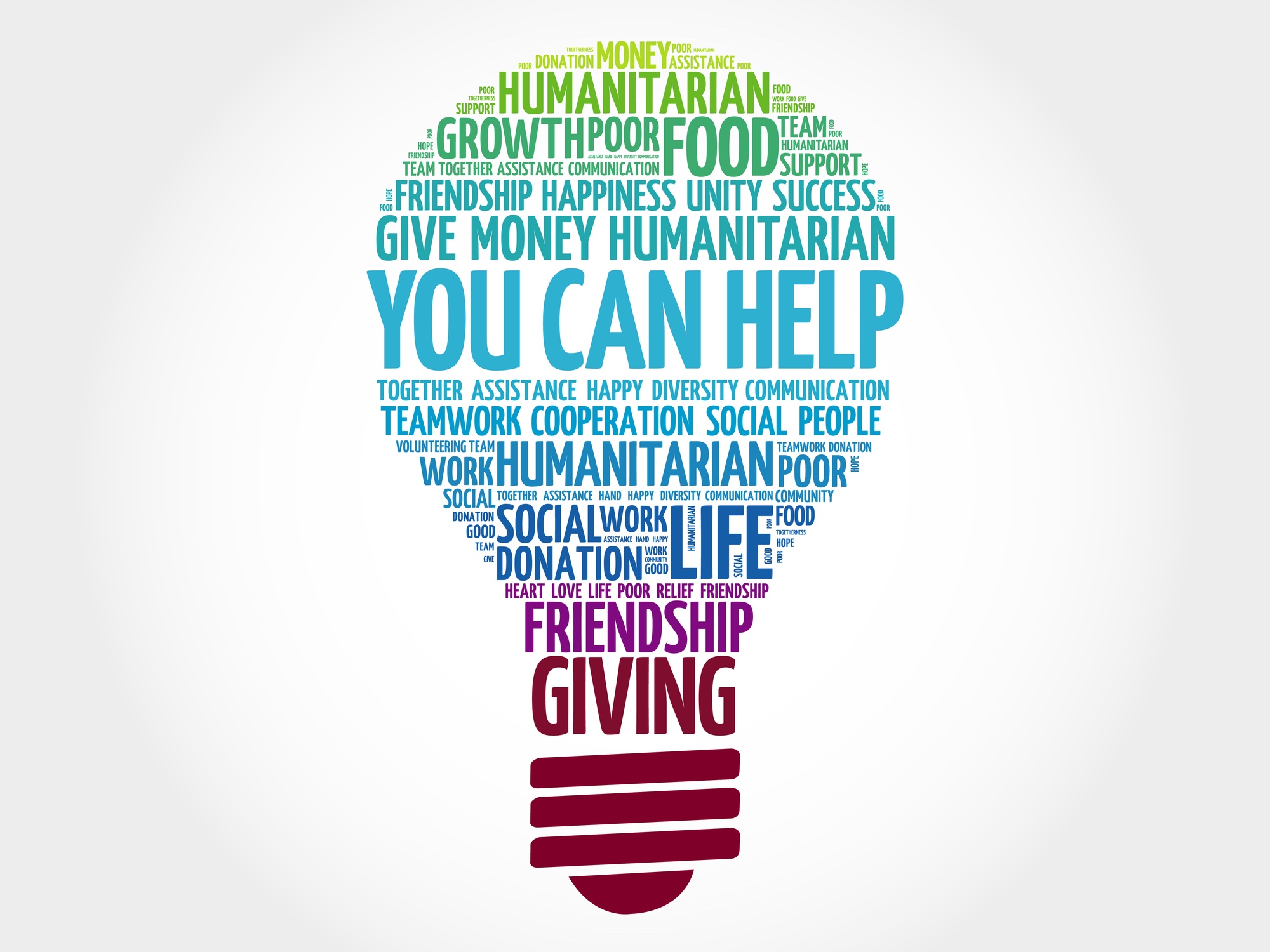
Most people want to help others in need, no matter what your faith background is or isn't. Tropical Storm Harvey has left thousands of people in Texas needing basic requirements, shelter, food and clothing, and many organizations are responding to the need. Some already have resources in place to help, while others are reaching out to gather specific items. If you want to help, it's important to get money or donations into the right hands. Well-meaning charities that do not have the infrastructure in place to help means that your gifts are not used effectively. Let's look at choosing a good charity when you want to give.
Do Your Homework
Don't give to the first organization that calls you or that you see on social media. It should go without saying that anyone can put up a Kickstarter funding page or announcement. Do some research on the organization before giving money.
Go to the IRS website and check to make sure that the organization is a 501(c)3 tax-exempt. If the organization is not tax-exempt, your donation cannot be deducted on your taxes. Charity Navigator, GuideStar and Charity Watch are other websites where you can get information about a charity. You may also be able to get information from the Better Business Bureau where the organization is located. Get detailed information about the charity, including name, address and telephone number. Many organizations have names that are similar to another well-known organization. Do a Google search for the organization. Ask the caller if it is a paid fundraiser. Then ask more questions, such as the percentage of your donation that actually goes to the charity and how much really goes to the cause you're giving to. NEVER wire money or give out your bank account information. Use a check or credit card, but only after you've thoroughly checked out the charity. Keep good records of your donation.
A good charity typically spends at least 75 percent of all donations on their mission. Every charity will have some administrative costs, but the majority of giving should help the intended victims. Look for charities that have an annual report that measures its performance, not only financially but also its actual successes on the ground. An effective charity has research to back up its mission and to demonstrate what it is actually doing in the community.
Signs of a Scam
Still, people are scammed each year by charities. Here are some very obvious red flags:
The charity refuses to provide detailed information about the organization and how the donation will be used. It asks you to wire money or offers to send a courier to collect the donation immediately. It won't provide a receipt showing that your contribution is tax deductible. It uses high-pressure techniques to get you to donate.
The best way to give is to know the charities that support the causes you care about. For example, the United Methodist Church has a relief organization with the infrastructure in place to assist those in areas that are hit by a disaster. It's called UMCOR, and it has a history of being ready for major crises. It helped after Hurricanes Katrina and Sandy, the Joplin tornado in 2011 and a Washington state mudslide. CharityWatch gives the American Red Cross an "A" rating and that charity is often a first-responder in the wake of disasters. Many local organizations will have a good track record of helping animals or children. You just have to do your homework.
You can have a heart for those affected by tragedies, but you can still be wise in where you put your money. Make sure that your charitable contributions are going toward the people they are meant to help. Have peace of mind that you are really making a difference.



